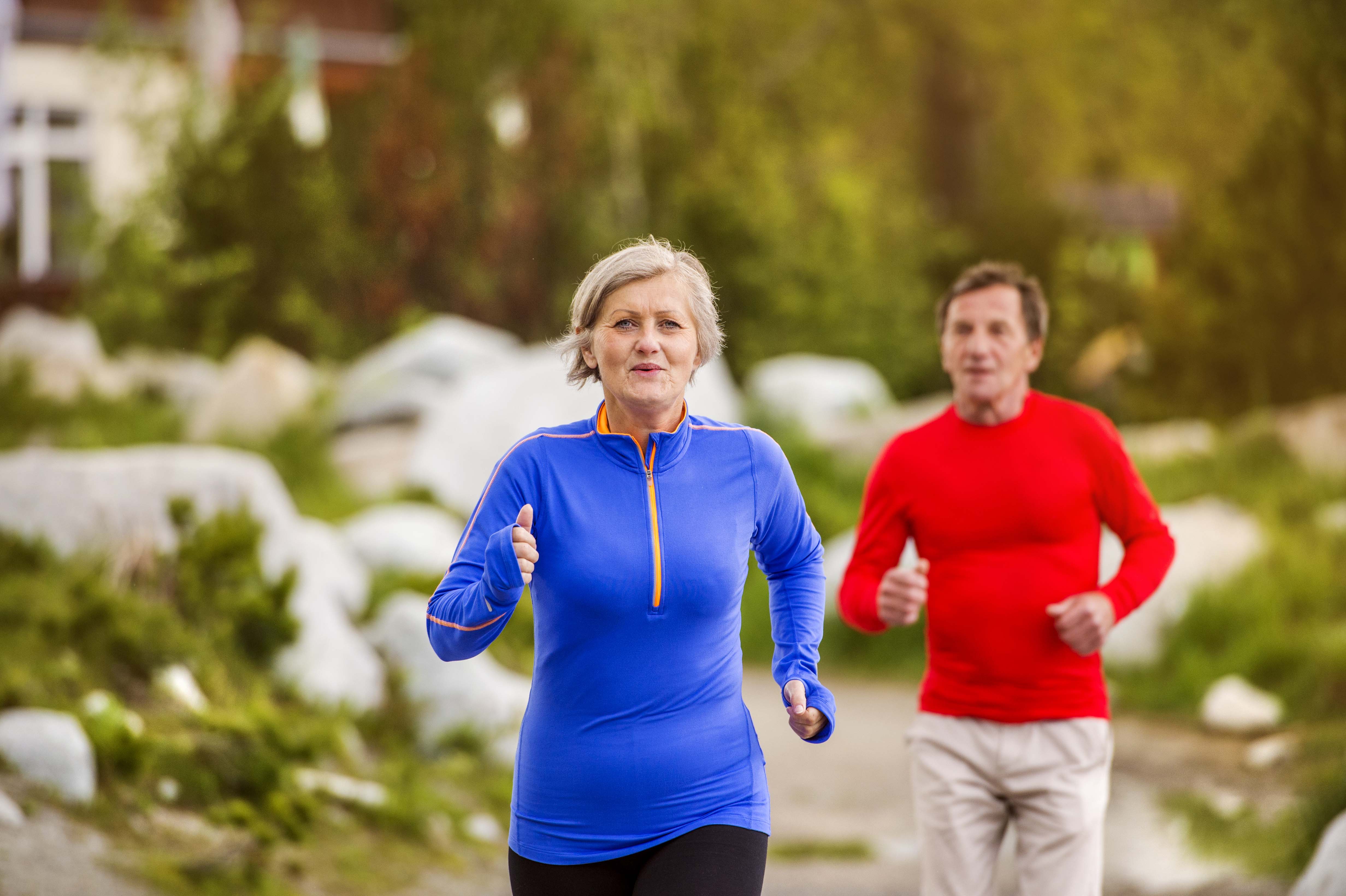Negating Cognitive Decline of Aging with Exercise

From my experience working here at OptimisSport PT and the Senior Center in Malibu, CA, I have observed the many health complications that arise from aging. Many elderly people experience aches and pains trying to stay active or even performing everyday activities. Along with the pains of ageing, there are cognitive declines that coincide with getting older. Standing, walking, writing, etc. seem to get harder. These factors make staying active more difficult and sometimes more dangerous for the elderly, so inevitably people become more sedentary. But in fact this is the worst thing we can do!!! The solution to these side effects of growing older is in fact staying active!
It is widely perceived that youth is the time to try new experiences and learn new things. I’m here to say that is not the case; we can always learn new skills and try new activities. These things help both the mind and the body. Being physically active keeps our body healthy, and what better way to stay active than to try new physical activities. Learning new skills also challenges our minds; we build new neural connections that keep our brains clear and active.
An interesting study that I stumbled upon tested the ability to learn new motor tasks between different age groups of subjects. The researchers taught over a thousand subjects how to juggle, and they looked at the number of juggles each person did during a pretest 1, a pretest 2, and a test round. They found that every age group was able to increase the number of juggles with every session, and that there was no statistical decrease in motor plasticity for the senior subjects. Additionally, the older adult’s performance was comparable to children (10-14), and the adults between 25-59 years old. Thus we all have the capacity to learn new skills, even when we get older. It’s never to late to try new things!!
Another study that I found interesting looked at the effects of exercise on patients with Parkinson’s disease. Parkinson’s is an aggressive neurodegenerative disorder that currently has no cure. Parkinson’s causes a loss of dopamine (neurotransmitter) that leads to: slowness of movement, tremors, and postural instability. These can have debilitating effects on quality of life, and current treatments are invasive and expensive. The researchers looked at the effects of patients going at a set intensity of aerobic exercise that is a high intensity for the subjects. They found that there were improvements in cognition, metabolism, and a potential progression of the neurodegenerative disease. These are important findings that highlight the positive effects of exercise on neurology of not only people with Parkinson’s, but also everyone as we age.
I firmly believe that living an active lifestyle is one of the most important ways to make sure we live a quality of life that we all strive for. An active life style, while continuing to challenge our minds keeps us both physically and mentally healthy. I challenge all of you to try a fun new activity to learn, you may just have the time of your life. Bellow are the articles that I read, if you are interested, check them out!